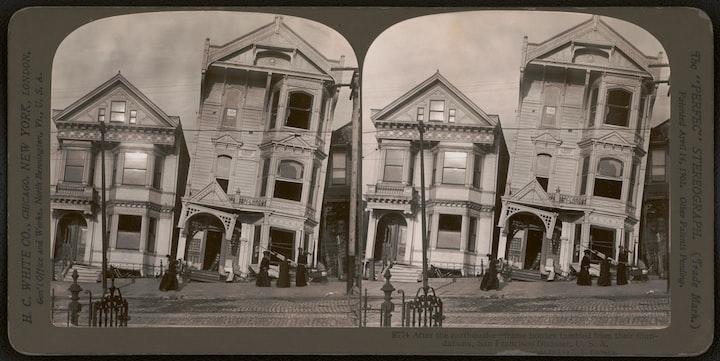Bipolar Disorder: Can It Be Cured?
Bipolar disorder, also known as manic-depressive disorder, is a mental illness that causes drastic changes in mood, energy levels, and behavior. Symptoms can include feeling very happy or “up” one day, and then feeling very sad or “down” the next. This can happen several times a week or even several times a day. Bipolar disorder can be mild, moderate, or severe. It usually starts during the teen years or early adulthood.
Bipolar disorder is not curable but it is treatable. Treatment usually involves medication and/or therapy. With treatment, most people with bipolar disorder are able to lead normal lives.
Read More »Bipolar Disorder: Can It Be Cured?






